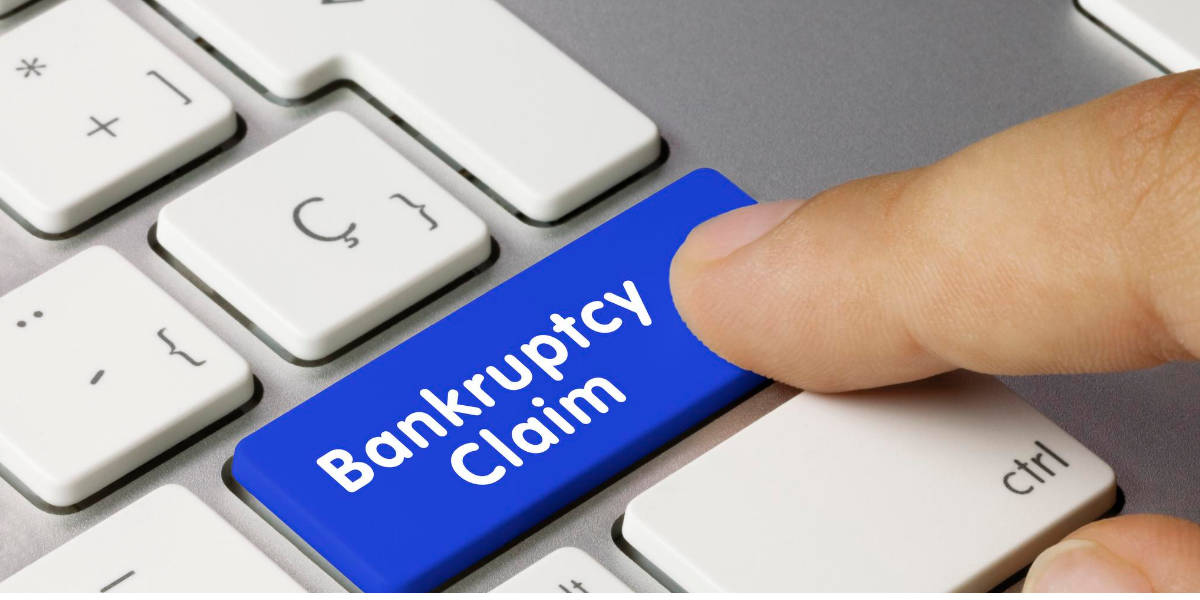Debt settlement is often advertised as a solution for individuals struggling with overwhelming debt. While some companies offer legitimate services, many operate unethically, taking advantage of consumers desperate for financial relief. Understanding how debt settlement scams work can help individuals avoid falling victim to fraudulent practices.
How Debt Settlement Scams Operate
Debt settlement firms claim they can negotiate with creditors to reduce the total amount owed. While some companies do attempt negotiations, many are scams that charge high fees and fail to deliver promised results.
Scammers typically request upfront payments before providing any assistance. Once they receive money, they may do little to nothing to resolve the debt, leaving clients in an even worse financial position. In some cases, these companies instruct individuals to stop making payments to creditors, leading to additional penalties, increased interest, and potential lawsuits.
Signs That a Debt Settlement Offer Is a Scam
Knowing what to watch for can help consumers protect themselves from deceptive debt settlement companies. Common warning signs include:
- Promises of Guaranteed Debt Reduction: No company can ensure that creditors will accept a lower payment.
- High Fees Before Services Are Provided: Legitimate companies do not demand large sums upfront.
- Encouragement to Stop Payments to Creditors: This can result in legal consequences and further damage to credit scores.
- Vague or Missing Contract Details: A reputable company will provide clear terms and disclose all potential risks.
- Pressure Tactics to Sign Up Quickly: Scammers often push clients to make immediate decisions without proper research.
Legal Protections Against Debt Settlement Scams
Government agencies such as the Federal Trade Commission (FTC) and the Consumer Financial Protection Bureau (CFPB) oversee debt settlement practices to prevent fraudulent activities. The Telemarketing Sales Rule prohibits companies from charging fees before delivering actual debt reduction services.
Additionally, many states have laws requiring debt settlement companies to be licensed and compliant with consumer protection regulations. Despite these rules, dishonest businesses continue to emerge, often changing their names and locations to evade law enforcement.
If someone believes they have been deceived by a debt settlement company, they can report the scam to the FTC, CFPB, or their state attorney general’s office. Seeking legal guidance may also help recover lost funds and prevent others from being misled.
Alternative Ways to Manage Debt Safely
Instead of turning to potentially fraudulent debt settlement firms, individuals can explore safer options to regain financial stability. These alternatives can provide relief without the risks associated with deceptive companies.
Credit Counseling Services
Nonprofit credit counseling agencies offer professional guidance and structured debt repayment plans. These organizations negotiate with creditors to develop manageable solutions, often with lower fees than private debt settlement companies.
Debt Consolidation Loans
Debt consolidation involves combining multiple debts into a single loan with a reduced interest rate. This approach simplifies monthly payments and minimizes financial strain without the risks of working with unreliable settlement firms.
Direct Negotiation with Creditors
Creditors are often willing to work directly with borrowers to establish adjusted payment plans, lower interest rates, or reduce fees. Contacting creditors without a third party can be a more transparent and cost-effective approach.
Bankruptcy as a Last Resort
Filing for bankruptcy may be a necessary step for individuals with overwhelming debt. While it affects credit scores, bankruptcy provides legal protections and a structured way to resolve financial challenges. Consulting a bankruptcy attorney can help determine if this is a suitable option.
How to Identify a Trustworthy Debt Relief Provider
Consumers should take precautions before choosing a debt relief company. Researching online reviews, checking a firm’s reputation with the Better Business Bureau (BBB), and verifying licenses through state regulatory agencies can help ensure legitimacy.
Reputable companies provide detailed contracts outlining fees, expected outcomes, and potential risks. Consulting financial advisors or nonprofit credit counseling organizations can also help identify reliable solutions without the dangers of scams.
The Long-Term Impact of Debt Settlement Scams
Falling victim to a debt settlement scam can have lasting consequences. Individuals may find themselves with higher debt balances due to accumulating fees and penalties. Additionally, unpaid debts can lead to legal action, wage garnishment, and damaged credit scores that make it difficult to obtain loans, housing, or even employment in the future.
Scammers exploit the financial vulnerability of those struggling with debt, often disappearing with their clients’ money while providing little to no relief. The emotional stress caused by these scams can be devastating, making it even more challenging for individuals to regain financial stability.
Steps to Take If You’ve Been Scammed
If someone realizes they have been deceived by a fraudulent debt settlement company, immediate action can help mitigate further damage. Steps to take include:
- Stop Payments Immediately: If the company is still charging fees, cancel any scheduled payments.
- Report the Scam: File complaints with the FTC, CFPB, and state consumer protection agencies.
- Consult a Lawyer: A legal professional can provide guidance on recovering lost funds and taking action against fraudulent companies.
- Contact Creditors Directly: Explain the situation and attempt to negotiate a repayment plan.
Conclusion
Debt settlement scams are a widespread issue, preying on those looking for financial relief. Understanding how these scams work, recognizing warning signs, and exploring safer debt management alternatives can protect individuals from falling victim to fraudulent companies. By staying informed and cautious, consumers can take control of their financial situation and avoid the devastating consequences of deceptive debt settlement practices.

